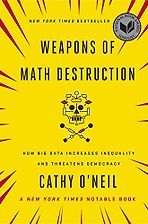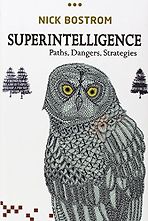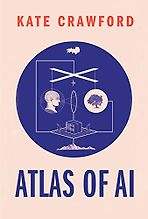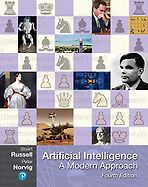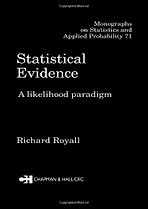Recommendations from our site
“The textbook grew out of some teaching I’ve been doing on a Master’s course, on philosophy and AI. The audience I’d envisaged was students who were maybe working in computing or engineering, but I’ve tried to make it as broad as possible. There are now lots of arts and social science courses where people are studying elements of ethical issues in AI. As I’ve mentioned, one of the things we need to encourage is interdisciplinary conversations. I also tried to write it clearly and accessibly so that any interested members of the public could just read it on their own. The emphasis really is on trying to open up dialogues, to show a range of different views and try to encourage readers that they’ve got things they can bring to the debate. There is a huge range of questions to look at that I try to cover in the book. They’re interlinked with each other, so I try to cross-reference. For example, in the section where I’m talking about Stuart Russell’s book, I look back at how philosophy of mind and psychology have understood the human mind and the problems in philosophical and psychological behaviorism that we just discussed. I’ve tried to be as open-minded as possible, but obviously my own views are going to be in there. One of the things that’s so interesting about what we’re facing now, with AI and related technologies, is that it makes us ask deep questions about human nature. So I’ve included different ways of approaching what it is to be a human being, of understanding what intelligence is, why we value it, and how that relates to the questions we’re looking at.” Read more...
Our most recommended books
-

The Singularity Is Near
by Ray Kurzweil -

Weapons of Math Destruction: How Big Data Increases Inequality and Threatens Democracy
by Cathy O'Neil -

Superintelligence: Paths, Dangers, Strategies
by Nick Bostrom -

Atlas of AI: Power, Politics, and the Planetary Costs of Artificial Intelligence
by Kate Crawford -

Artificial Intelligence: A Modern Approach
by Peter Norvig & Stuart Russell -

Statistical Evidence: A Likelihood Paradigm
by Richard Royall



